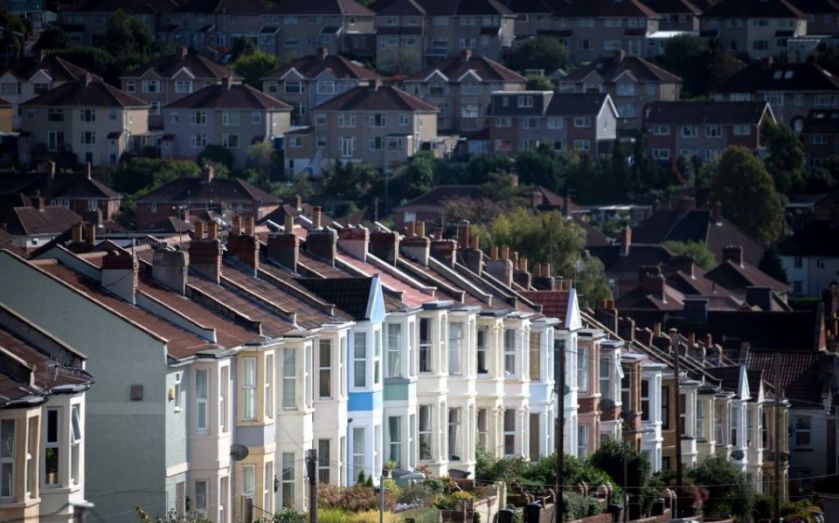Why the war on buy-to-let will make the UK housing crisis worse

Landlords sighed with relief at the Conservative victory in the General Election in May. Faced with the threat of rent controls from the Labour Party, they had looked forward to a government that accepted the importance of the rental market, and supported its development while properly targeting the crooks renting out sub-standard accommodation.
But these last six months have felt like a sustained assault on the very foundations of the buy-to-let market.
The removal of mortgage interest relief for landlords on all but the basic rate of income tax, the extra 3 per cent on stamp duty for the purchase of buy-to-let properties, the criminalising of landlords for not acting as immigration officers, and the end of many of the schemes put in place to improve the energy efficiency of rental housing have all served to convince many landlords that the government sees buy-to-let as a problem rather than as an essential contributor to the country’s housing supply.
Most problematically, many of these measures are based on political posturing rather than any hard evidence.
Over the past year, the Treasury has sought to dismantle the support in place for landlords based on a belief that they are treated more favourably than home owners.
Such a sentiment remains at odds with the facts. Landlords are taxed on net rental income and capital gains, meaning the reality, as the Institute for Fiscal Studies has noted, is that “rental property is taxed more heavily than owner occupied property.”
Research conducted for the Residential Landlords Association (RLA) has also shown that each tenancy in the private sector nets the Treasury in the region of £1,000. Buy-to-let, far from enjoying a privileged status within the housing market, is a net contributor to the government’s coffers.
In its assessment of the impact of the changes to mortgage interest relief, HMRC argued that the move would affect just one in five landlords. This is a complete red herring. Mortgages are taken out on properties, not individual landlords. HMRC’s arguments also contradict the findings of extensive research undertaken by the RLA.
Read more: Buy-to-let advice for landlords: After the chancellor's stamp duty hike, what should investors do?
Since the government’s changes will see mortgage interest relief applied to turnover rather than profit, it is not surprising that our survey of almost 1,200 landlords found that, of those paying the basic rate of income tax, 60 per cent said they would be pushed into the higher or additional rate of tax. This is despite their income not actually increasing.
What, then, of the view that landlords are in the industry simply to make a quick buck? Again, independent research, carried out for the RLA, has found that the majority of landlords have been renting property out for longer than 10 years.
And what of the belief that the buy-to-let sector is a danger to the economy?
While the RLA is clear on the need for landlords not to take on mortgages that they are unable to afford, it cannot be forgotten that the housing market would be in the doldrums if it were not for the private rental market.
Government figures show that, of the 3m new dwellings created in England between 1996 and 2013, 83 per cent were private homes to rent. Developers have come to rely on investors buying “off-plan” to fund new homes. As ministers have acknowledged, the private rented sector provides the housing needed to support and encourage a flexible labour market.
And then there is the big issue of rent levels. All parties have expressed concern at the cost of renting, especially in London. The tax changes introduced by the government, however, will only drive up rents as landlords, many of whom do not make a profit on their properties, seek to recoup the extra costs. The Institute for Fiscal Studies agrees, as do countless landlords who have said so in survey after survey by the RLA.
While the government has focused heavily on boosting home ownership, I believe we need all housing tenures firing on all cylinders to meet the scale of the housing challenge we now face.
Through its actions, all the government is going to achieve is to make it harder and more expensive for people to find the rented accommodation they want.